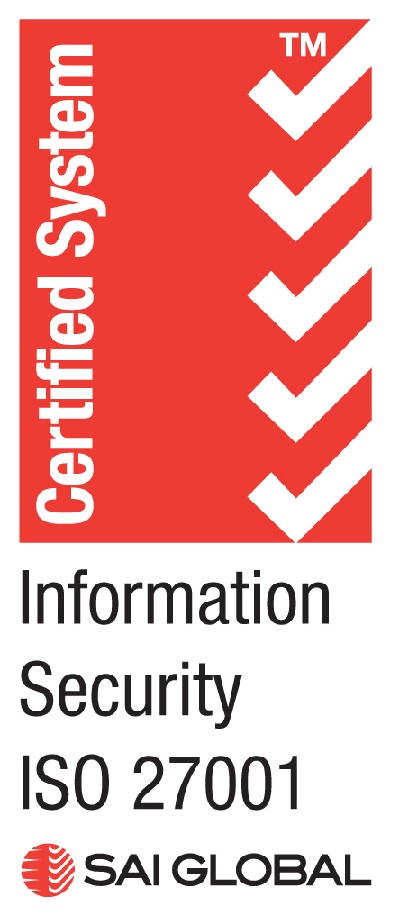‘Moving to the cloud’ is a hot topic on most business’ agendas, accelerated by the changing way we work and how we interact with customers.
But what does this really mean? Since every business is unique in their requirements for cloud solutions and services, it can be tricky to define what elements of cloud computing will deliver true value for your company.
To help you on your cloud journey, we checked in with our cloud experts to discuss the world of cloud computing.
What is cloud computing?
Cloud computing services mean delivering on-demand computing resources (including servers, databases, storage, platforms, infrastructure, applications, etc.) over the internet, direct to the end user. It’s a cost-effective, secure and scalable way to resource your business’s physical IT requirements. And provide back-up and recovery of your data and software in minutes.
The cloud in action
Traditional IT infrastructures use software stacks for for databases, applications, security, integration, virtualization, and more. All under your internal management, with operations and maintenance budgets.
Moving to the cloud, you only pay for what you use. With your servers, storage, networking, storage delivered over the internet (or cloud). This in turn reduces overall operating costs and allows you to scale up and down in line with your business needs. The cloud also introduces different models of ‘as a Service’ – a subscription-based technology service – giving you access to the latest tech without the upfront investment costs or on-going maintenance.
Transitioning some or all of your IT to cloud-based infrastructure opens up benefits like:
What’s the difference between private, public and hybrid cloud?
What is cloud computing as a Service
Cloud offered ‘as a service’ allows you to use cloud services and pay on a subscription basis. There are three main as a service models:
- Infrastructure as a service (IaaS)
- Platform as a service (PaaS)
- Software as a service (SaaS)
While in a traditional, on premise service you would manage all aspects, as a service models allow you to outsource aspects of the service to a managed service provider such as FUJIFILM CodeBlue.
| Services | Infrastructure as a service (IaaS) | Platform as a service (PaaS) | Software as a service (SaaS) |
|---|---|---|---|
| Applications | |||
| Data | |||
| Operating System | |||
| Servers | |||
| Storage | |||
| Networking | |||
| Virtualisation | |||
| Program runtime | |||
| Middleware |
Managed by you
Managed by your managed service provider
The rise of XaaS (Everything as a Service)
Subscription, or pay-as-you-go services are increasingly popular because they can reduce internal complexity and overheads. As such, XaaS is fast becoming the next evolution in the digital world – and beyond.
XaaS can mean everything-as-a-service and anything-as-a-service. It’s a business model that combines all the levels of digital ‘as-a-service’ models and tools with real products. The end result? You enjoy higher levels of use and satisfaction with the product or application.
It’s true that all ‘as-a-services’ depend on bandwidth, internet latency and reliability. Nevertheless, the popularity of XaaS is still rising exponentially. Deloitte’s study this year forecasts the market will surpass US$340 billion by 2024.
How to know what cloud services are right for you?
We’ve collated questions from our experts for you to discuss with your team. They’re a starting point to guide your thinking about the options when it comes to cloud services. There’s no one-size-fits-all approach – and remember that cloud migration is a staged transition.
Your answers will clarify your understanding of how cloud computing could be a strategic asset, and what levels of ‘as-a-service’ may be appropriate.
Whatever your cloud needs, our experts are ready and waiting to take you through the journey.
Read more tips, tricks and considerations about going to the cloud in our helpful e-book available now.
About Alibaba Cloud
Established in 2009, Alibaba Cloud, the digital technology and intelligence backbone of Alibaba Group, is among the world’s top three infrastructure as a service (IaaS) provider, according to Gartner. Alibaba Cloud provides a comprehensive suite of cloud computing services to businesses worldwide, including merchants doing business on Alibaba Group marketplaces, start-ups, corporations and public services.
Alibaba Cloud is a FUJIFILM Technology Partner, with FUJIFILM CodeBlue receiving the Innovation Partner of the Year award in 2020.
Have a moment? Check out the latest from our blog
Need more information?
Get in touch with us



